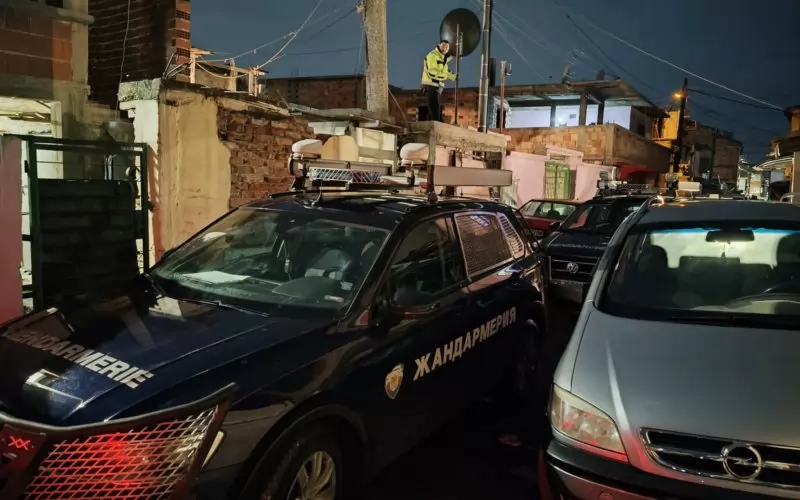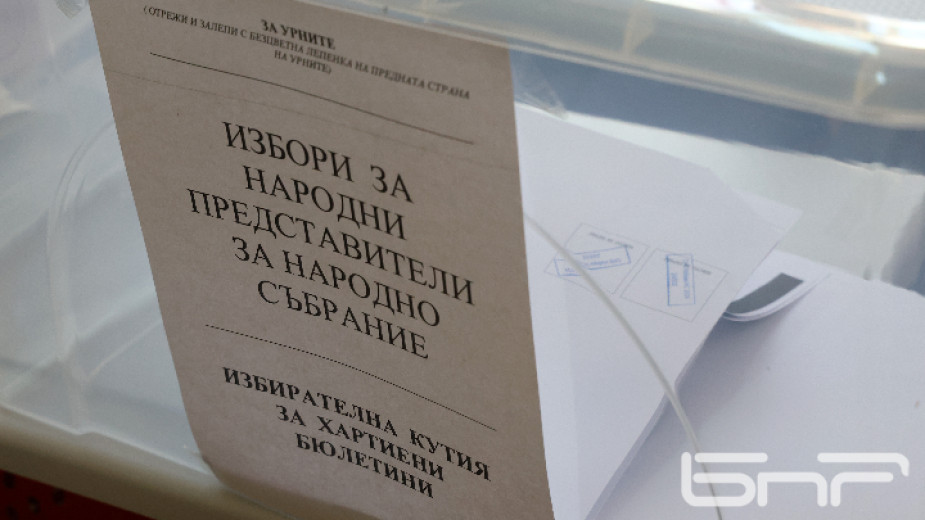In her article in Die Zeit, Lau (2014) criticizes the victim role to which Rroma activists are said to refer to constantly in Germany. In the debate about poverty migrants from Romania and Bulgaria, one mainly talks about the immigrants, but not with them. This also has to do with the focus of the activism of Romani Roses, who has been working for the rights of the Rroma in Germany for several decades. Rose focuses his policy on the recognition that Rroma were victims of the Nazi genocide, whereby other topics are to receiving less than enough attention: “Ironically, the central council and Romani Rose prevent elsewhere that the understanding between newly arrived Roma and the majority society improves. Since he can remember, Romani Rose fought for the recognition as victims of genocide, a fact repeatedly disputed by historians. […] Since they share neither religion nor written culture, there is actually only one link between the Sinti and Roma: the experience of persecution. And that is the reason why discrimination is the central topic in the political statements of their community, rather than strategies of advancement.” Lau’s article tries to find out why there is a lack of solution strategies in the current debate about immigrants from Southeast Europe. However, she is wrong when she accuses Rroma to stick to a victim status. This criticism was already expressed in the beginning of 2013 by another author: In his book Zigeuner – Begegnungen mit einem ungeliebten Volk, Rolf Bauerdick criticised the lack of self-initiative in improving the social integration of the Rroma. This criticism is one-sided and hides the mechanisms of exclusion. Although it is right that a successful integration involves two sides, promotion and self-initiative, the latter one can only happen if the necessary conditions are given. Otherwise, suppression remains the dominant factor.
Just the opposite is argued by the TAZ in its interview with the historian Patricia Pientka. Pientka researched the story of a Rroma detention camp in Berlin-Marzahn. The historian is shattered about how bad the persecution of the Rroma in Germany was researched so far, also concerning the Berlin-Marzahn detention camp. In 1936, Rroma were selected via by sociographic criteria for the camp: caravans, many children and certain profession groups were decisive for the internment as well as the living on welfare. In 1938, the pseudo-scientific criteria of the racial hygiene research unit under Robert Ritter were implemented. The continuity between the war and the post-war period is particularly shocking. Perpetrators from the Nazi era were appointed as experts in courts, where they could play down or even qualify the war horrors with false statements: “In Berlin and elsewhere, the police departments for “Gypsy questions” established at end of 1938 are of central importance. In Berlin, the head of the department was Leo Karsten. After the war, he was superintendent of the police of Ludwigshafen and throughout Germany was the appointed expert on compensation issues for Sinti and Roma. His testimony led, among other things, to the verdict that the senate didn’t recognize the Marzahn detention camp as a labour camp […]. One can definitely say that the racist persecution of Sinti and Roma in Nazi Germany hasn’t been critically analysed until today. We have a huge deficit. This is also reflected in the case with Roma from South Eastern Europe, for instance Serbia, who are absolutely not perceived as descendants of Holocaust victims – what they definitely are” (Memarnia 2014).
- Lau, Mariam (2014) Das falsche Gedenken. In: Zeit online vom 22.2.2014. http://www.zeit.de/2014/08/roma-opferstatus-selbstbild/komplettansicht
- Memarnia, Susanne (2014) „Wir haben da ein grosses Defizit“. In: Die TAZ online vom 21.2.2014. http://www.taz.de/NS-Verfolgung-der-Sinti-und-Roma/!133554/







